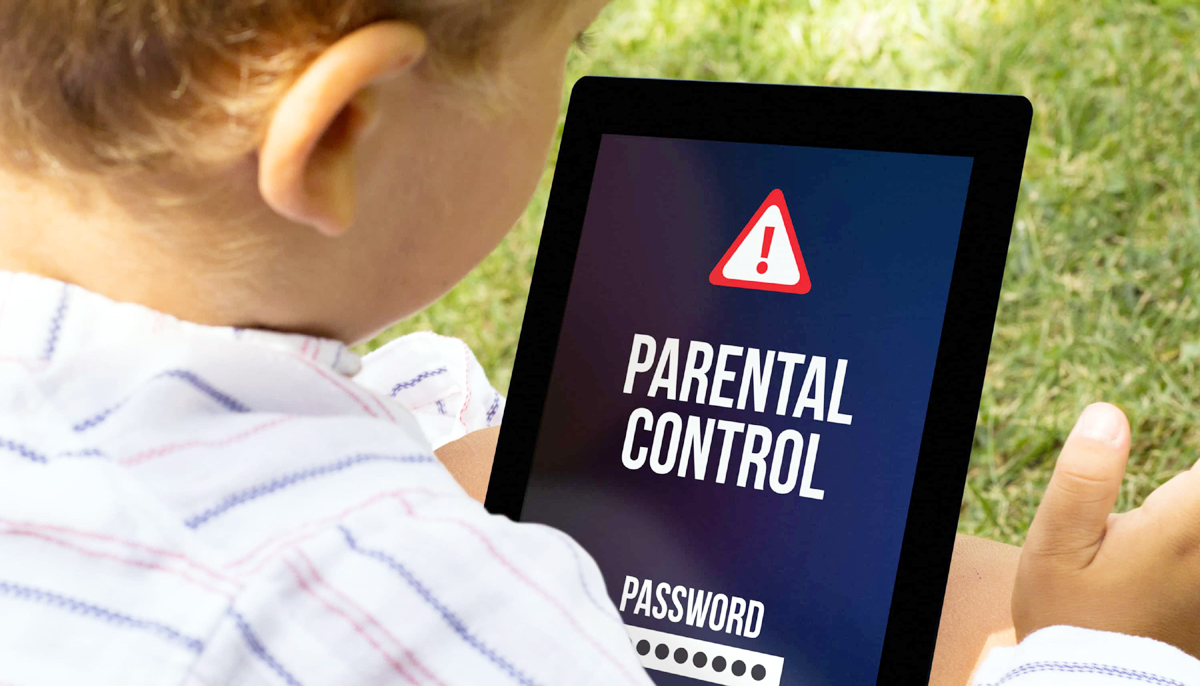Shria Abrol
The internet is a wonderful platform for children; they can learn, share and explore at the same time we as parents cannot forget that internet can be a nasty place. Between predators, malware and explicit content, parents can find themselves in a never-ending cycle of doom and gloom as they try to fend off every threat their kids might face online.
An India-specific study conducted recently by Uninor reached out across 29 schools, covering more than 10,000 children. It was found that 34 percent of children rarely speak to their parents about their online activities, which include school research, social networking, downloading music and movies. The study also indicates that 30 percent of Indian children accessing Internet have experienced some kind of cyber harm including cyber bullying, cyber stalking, hacking and defamation.
When your child needs help
* If your child browses internet secretively and tries to hide online activities.
* If your child is too happy or too sad after using the internet.
* If your child feels sudden anxiety after using the internet.
* If there is a behavioural change in your child.
How to keep your
child safe online
* Educate your children about the threats that they can face online and consequences that victims face when attacked. Don’t forget to give examples but also remember don’t be harsh which your child.
* Teach children that they should not disclose their personal information such as contact number, address, school’s name etc. to anyone online.
* The children should be made aware about sharing pictures and videos on social media. They should be careful about the content. They must “think before they post”.
* Children should be told not to add random people on their social media accounts as it can be a hacker or a predator. Friend request from even lookalike names should also be verified before being accepted.
* Teach your children that it’s always good to keep changing passwords and passwords must be unique as easy passwords can be deciphered by hackers.
* As parents we should learn to use technology so that we are at par with internet trends and also able to keep a check on our children.
* As online shopping is on boom, keep a check on what your teenager is buying and where is it coming from.
* Use an app that limits your child’s internet usage. The screentime app is available for Apple, Android devices. The app is free for one child, and includes the ability to monitor the device remotely and to see your child’s web and search history.
* Before lecturing your children about staying safe, make sure that you yourself are a good model. Learn about the privacy settings in the social media apps you use most, and then check that you aren’t sharing private, personal moments with the whole Internet.
* Make sure your children know the rules and understand the reasons behind them. Even seemingly innocuous information, like vacation pictures, can let criminals know when your house is empty.
As a counsellor, I constantly have parents come to me and ask if I would be willing to impose a rule for their children that they cannot use social networking sites like twitter, Snapchat, Instagram, or any of those types of social networks at home, because they don’t want to be the bad guys with their teens but I believe boundaries should be set at home by parents. Boundaries as a parent are one of the things that can cause a lot of conflict at first but in the end you are actually helping your children feel safe. Keeping a tab on your children at all the time is next to impossible so the best approach is to educate your children about how to use internet responsibly. Always remember saying “no” to your children doesn’t mean you’re being mean, instead it means “I care for you”.
(The author is Counsellor Jodhamal Public School)


